Description
About the book :
9 February 2016: Jawaharlal Nehru University (JNU) erupted with ‘anti-national’ slogans. Arrests of student leaders, the shutdown of the university, a lecture series on ‘What the Nation Needs to Know’, a student’s disappearance, another’s suicide and a number of even more disruptive protests ensued.
JNU: Nationalism and India’s Uncivil War, by Makarand Paranjpe, a long-standing JNU professor, is a ringside account of what happened. Delicately and incisively crafted, it is an empathetic insider’s account of JNU’s problems from an expert in the field of higher education.
Through this book, the author makes an impassioned plea to transform rather than destroy JNU, as also reform higher education. But more than that, this book is also a history of our times, of India’s ongoing transformation, the story of the changing self-apprehension of a nation. Examining the multiple meanings of nationalism in our time, Paranjape delves deeply into what it means to be an Indian today. He gives his perception and understanding of the new India that is fast emerging as India enters its 75th year of Independence.

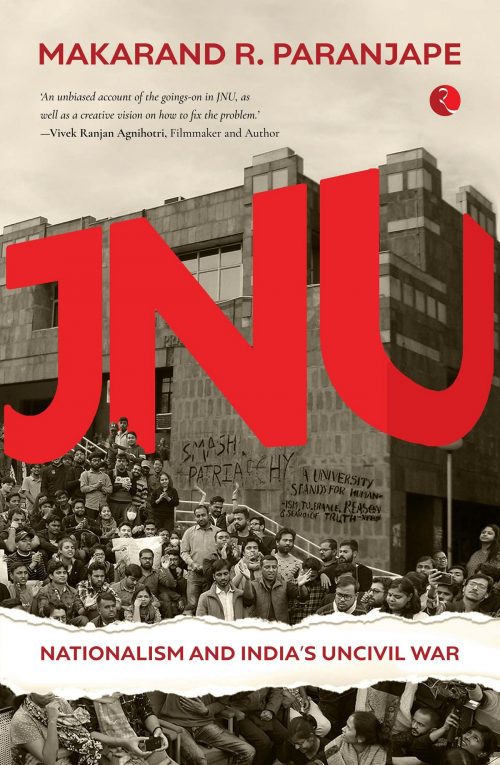

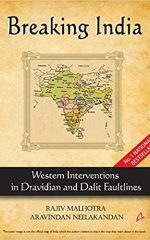
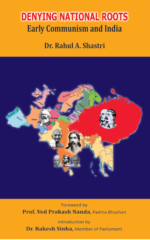

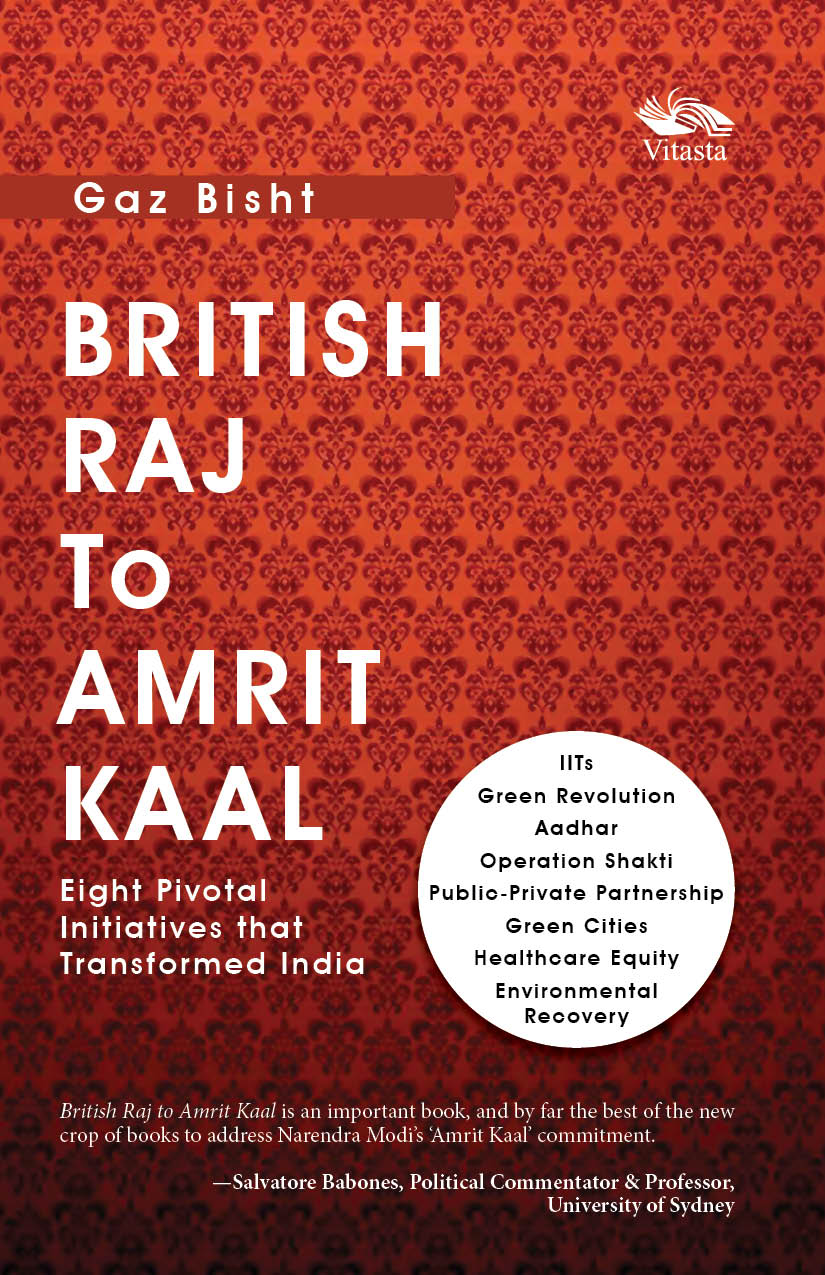
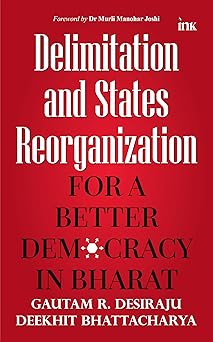
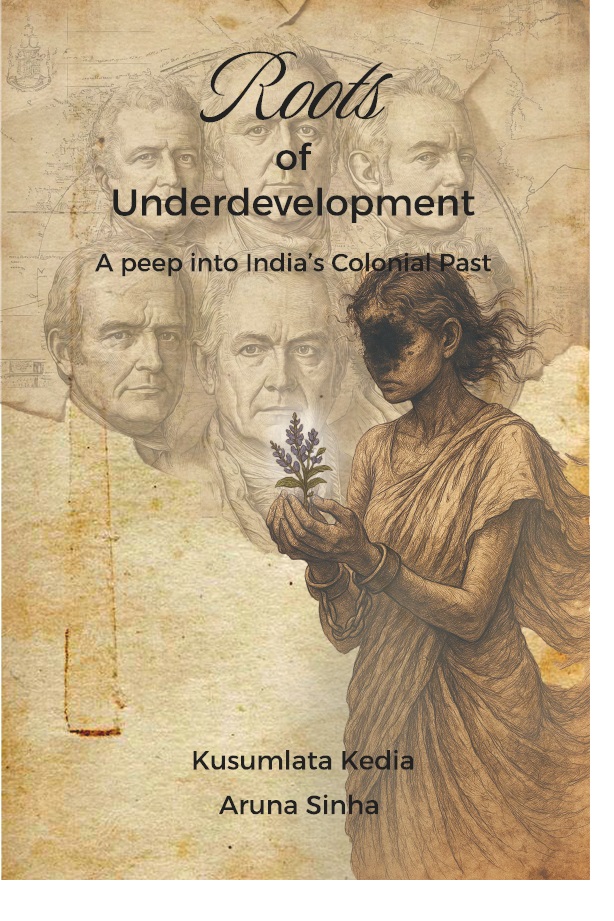
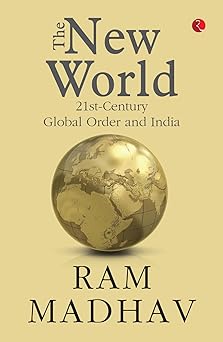

Sundeep Raikhelkar (verified owner) – :
Makarand Paranjape’s book “JNU: Nationalism and India’s uncivil war” aptly justifies the title by unveiling the decadent leftist propaganda machinery which has long been driven from the mainstream Indian society, but has taken refuge in India’s higher education system and continues to fester our media narrative.
The book is an autobiographical treatise on the journey of a liberal teacher through the murky and infested waters of JNU. Author with his through rebuttals to “Open Letters”, brings forth the intolerance of the leftist ecosystem and their palpable twisting of facts to suit the narrative.
This book being factual, is not about the facts that transpired in JNU (between 2016-2021) and nor is it about any undisclosed details that only an insider could bring to light. This book is more of the first hand experiences and trauma of the teacher having resolved to stay and fight the ecosystem.
The author, who claimed more than once having no connection with Sangha or RSS, but does seem to conveniently bracket Sangha or ABVP as India’s right which could be revisited if not contested.